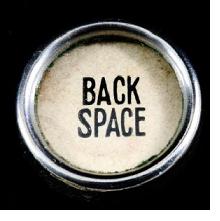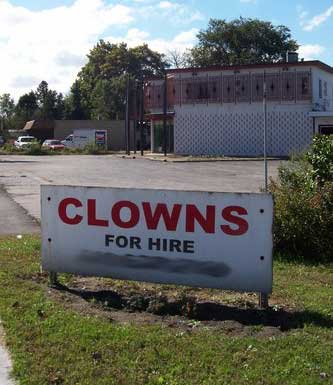
When freelancers make the leap from writers to editors, there are a large number of booby traps waiting for them in the early months of that first editing gig. Are you about to get a promotion and a title change? Are you considering an image change in your marketing campaign from writer to writer/editor? Here’s my “Don’t Do This” list to help you avoid some of the more troublesome problems you’ll face in the early days of the gig.
10. Don’t get promoted without a raise. If you plan to do editing work, your compensation should increase according to your new responsibilities. For freelance and contract people, that means raising your rates. For freelancers who are about to become employees, that means calculating your current worth and tacking on something extra to make the switch from freelance freedom to employee status worth your while. DO NOT take an increase in pressure without an increase in pay!
9. Don’t wait to be told what your duties are. Tell the people who pay the bills what YOUR expectations of the job are and ask them what their input is. Always try to get a hand in defining your duties whenever possible so you can keep your work load reasonable and commensurate with your pay. You can do this by drawing up your own job description in as much detail as possible and submitting it to your boss or editor-in-chief for discussion. First time editors can benefit from drawing up this job description in many ways, but the first is to clarify in your own mind what you think the job will entail. Continue reading Ten Don’ts for New Editors


